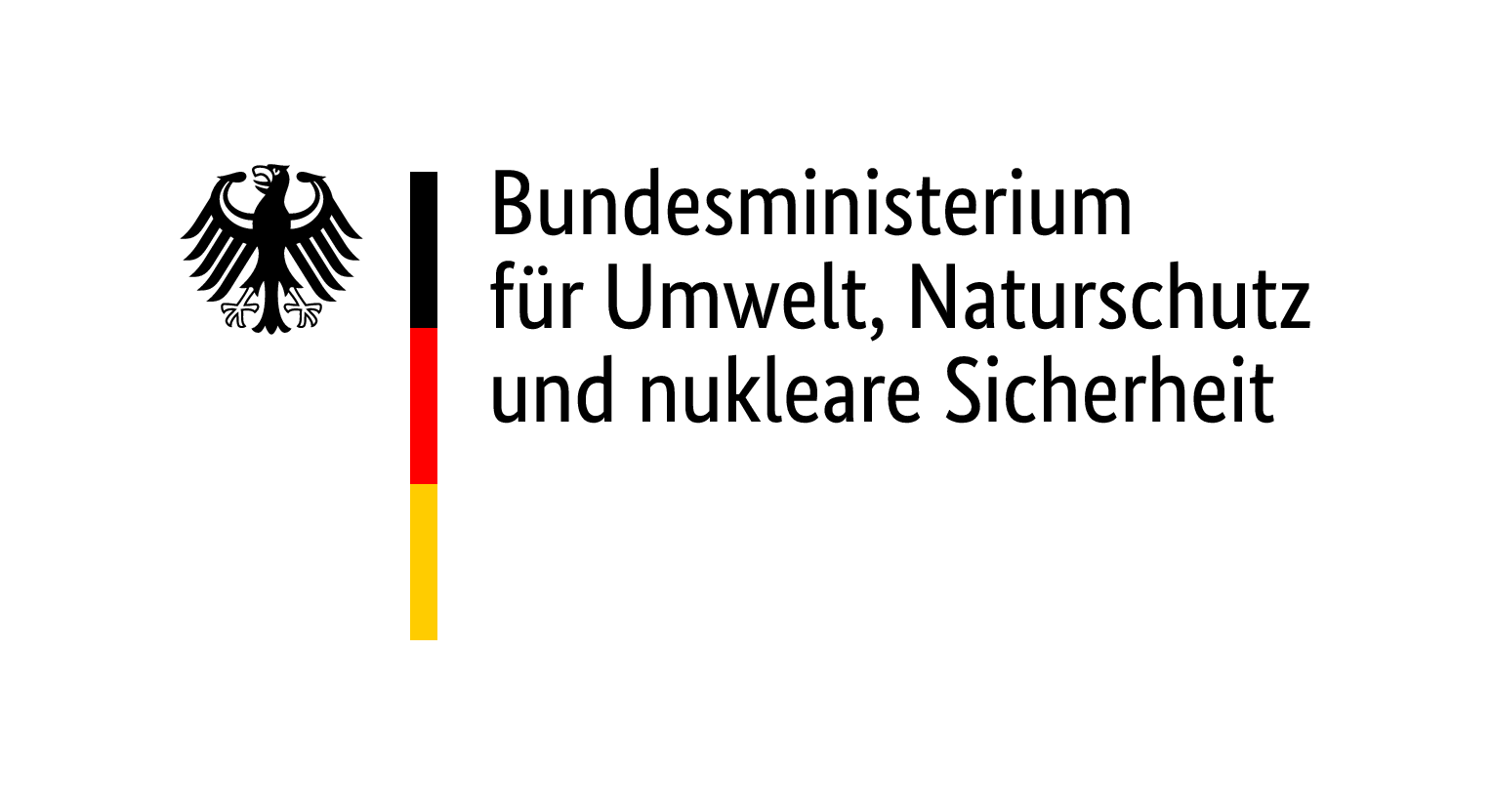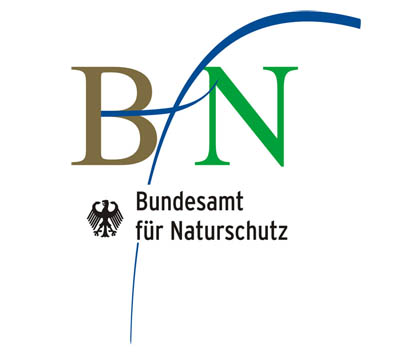
Ecosystem services: Nature's gifts to us
Human well-being depends upon healthy ecosystems. They provide us with oxygen to breathe, clean water, food, natural medicinal substances, and raw materials for industrial goods; their many services include storing greenhouse gases and providing inspiration for technical solutions. They also provide a range of cultural services, which considerably enhance our quality of life − a walk through the forest, the beauty of flora and fauna, opportunities for recreation and enjoyment, and so on.
However, loss of biodiversity along with the depletion of natural resources and the resulting degradation of ecosystems are becoming ever more apparent. When ecosystem services and the benefits they provide are lost, it is difficult and often highly costly to society to offset this loss. Yet as numerous examples from around the world have shown, it is worthwhile − not least economically − to protect nature and ensure the sustainable use of biological diversity.
Compelling evidence for this has emerged from the international TEEB initiative "The Economics of Ecosystems and Biodiversity" (2007 − 2010). A key aim of "Natural Capital Germany − TEEB DE" is to make these connections visible in the case of Germany.
Why place a value on nature?
Nature is inherently valuable, which should be reason enough to preserve it. Additionally, nature's many and varied ecosystem services have a significant economic value. Often this value is absent from private and public sector decision making. In most cases this lack of consideration is unintentional, as decision makers are not aware of these free benefits from nature.
An economic perpective can generate more transparency. The aim of economic valuation is not to put a price tag on plants and animals but rather to uncover the hidden value of biological diversity and ecosystem services − the value of "natural capital" − for society. By adopting an economic perspective, we can identify management options to better integrate the value of nature into private and public sector decision making and to promote a more sustainable use of natural resources.



